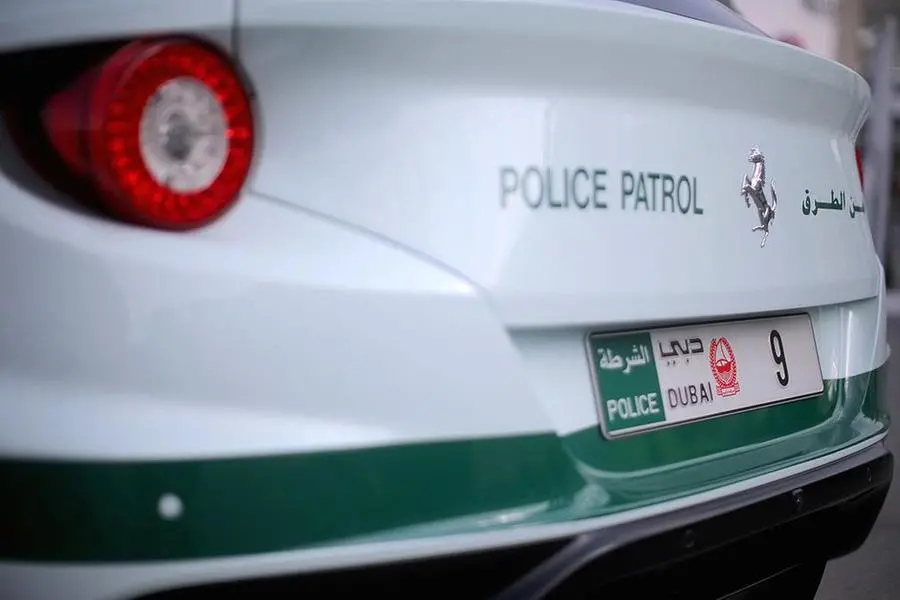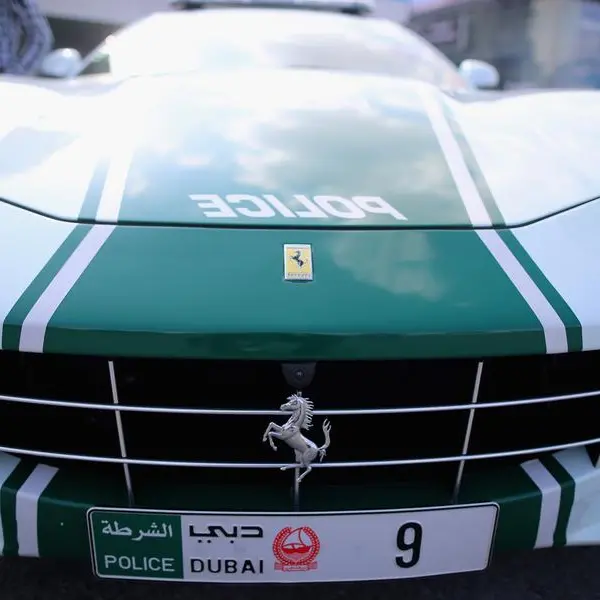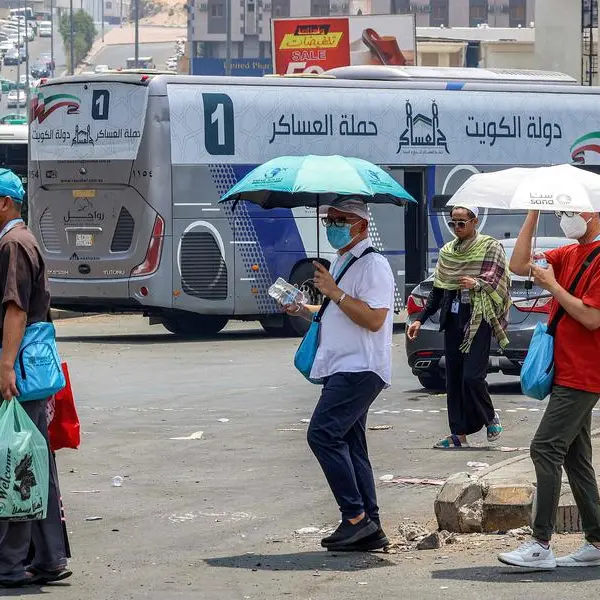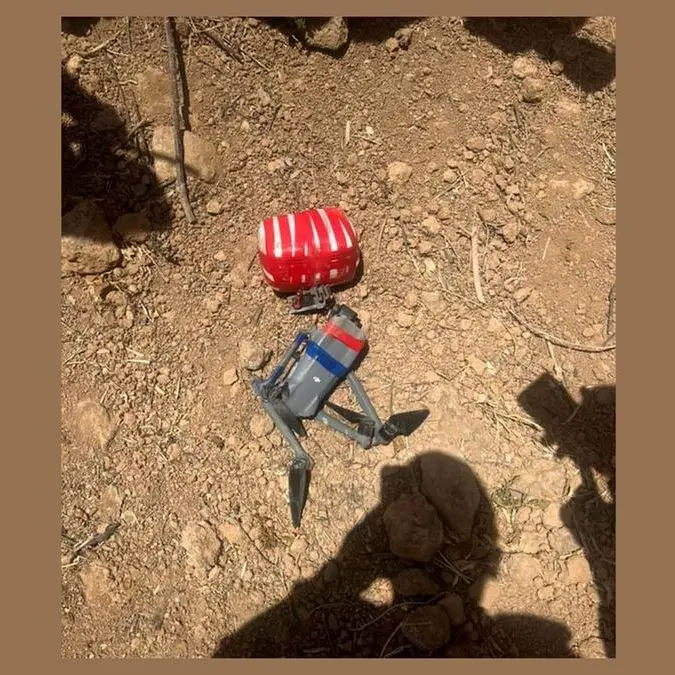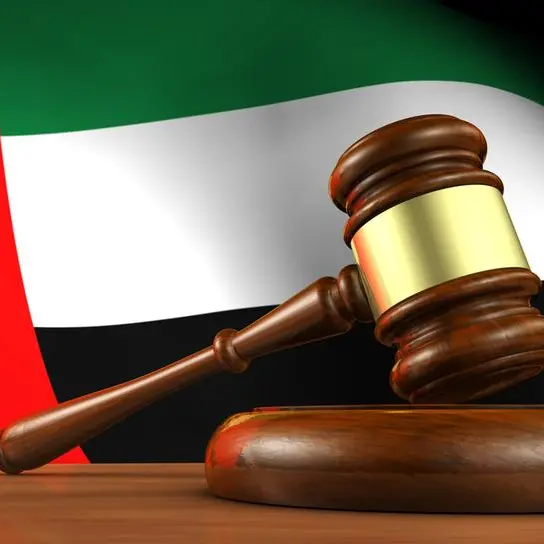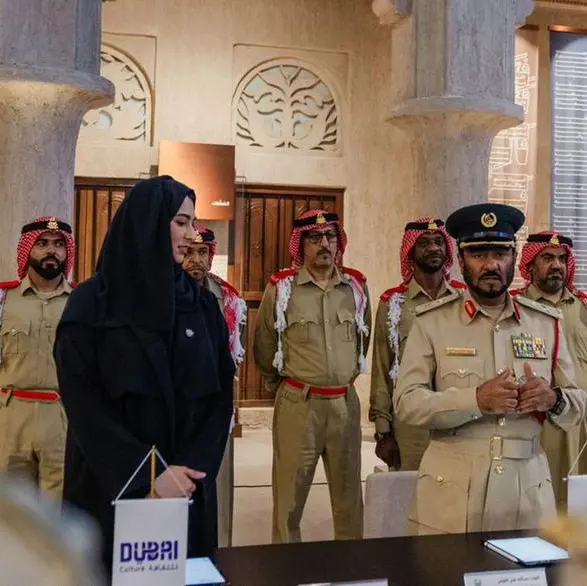PHOTO
The Dubai Police have successfully integrated its ballistic identification network with Interpol's database. This will help the force compare over 1.8 million ballistic fingerprints worldwide in under an hour.
Major-General Ahmad Thani bin Ghalita, director of the General Department of Forensic Science and Criminology, said the Dubai Police are the first Arab law enforcement agency to link ballistic fingerprints with Interpol's database. He said: "This significant milestone enhances the Force's efforts in unravelling the mysteries of crimes, identifying the type of firearm used, and determining the user's identity."
The officer explained that this integration aims to strengthen communication with international police authorities under the Ministry of Interior's umbrella and stay current with all forensic science disciplines, including 'ballistic fingerprints.'
"This science plays a crucial role in providing material evidence to police authorities to support ongoing investigations and achieve justice," he said.
Captain Eng. Mohammed Abdullah Al Shamsi, head of Firearms and Tool Marks, said the ballistic fingerprint database helps determine if a firearm has been used in other crimes. Comparisons are made with civilian firearms, shooting clubs, police institutions, and samples collected from other crime scenes, thus aiding in identifying the perpetrator.
Al Shamsi added that the network could solve criminal cases by linking unknown bullets and blank cartridges to determine if they came from one or more specific firearms.
The linkage will not invade privacy rights of those on the network. "The system doesn't permit users to browse other databases; it only displays matching results with the reference numbers of institutions that input the data so that police agencies can communicate and coordinate with each other to follow up on their investigative procedures according to internationally approved policies and regulations in this regard," he concluded.
Copyright © 2022 Khaleej Times. All Rights Reserved. Provided by SyndiGate Media Inc. (Syndigate.info).
